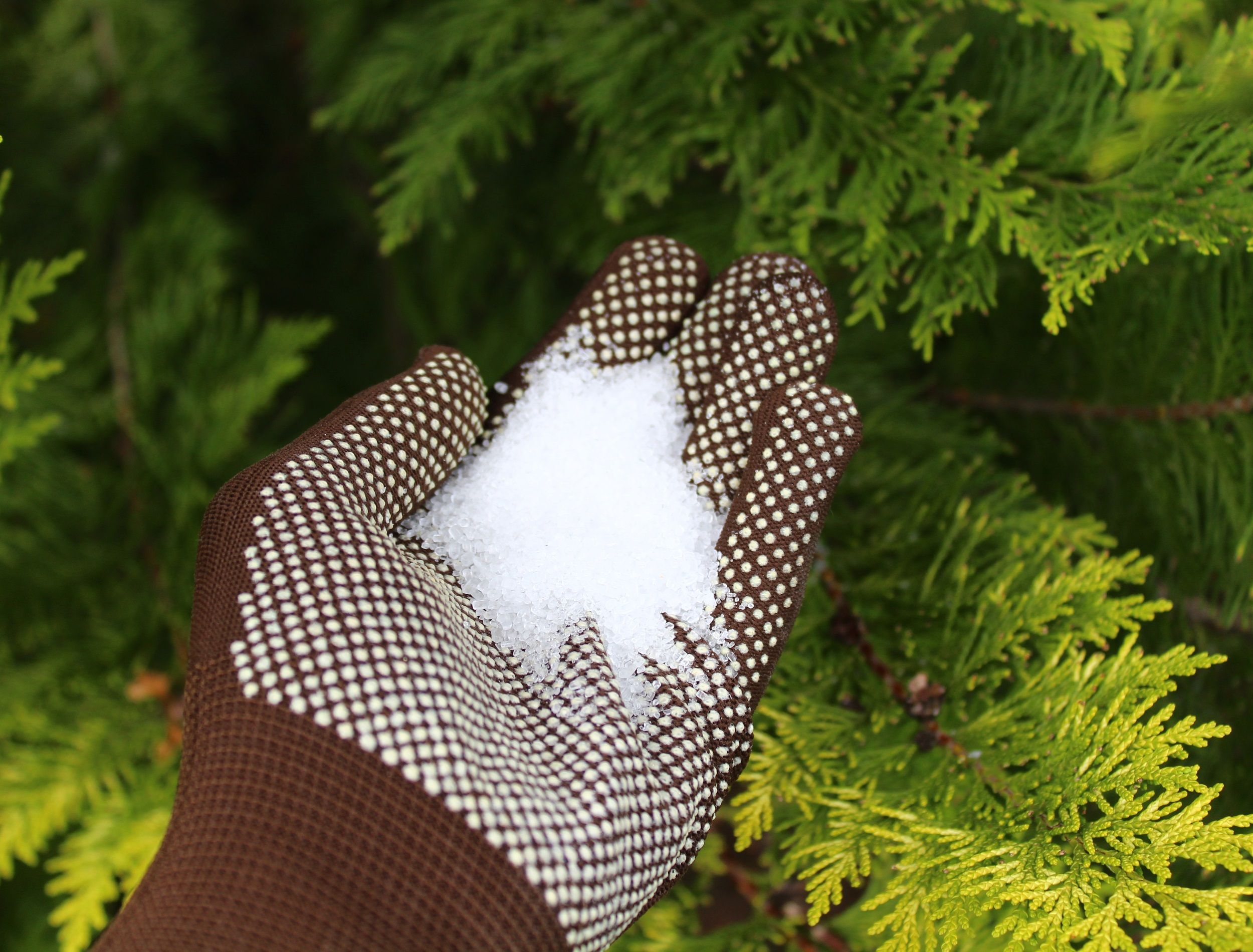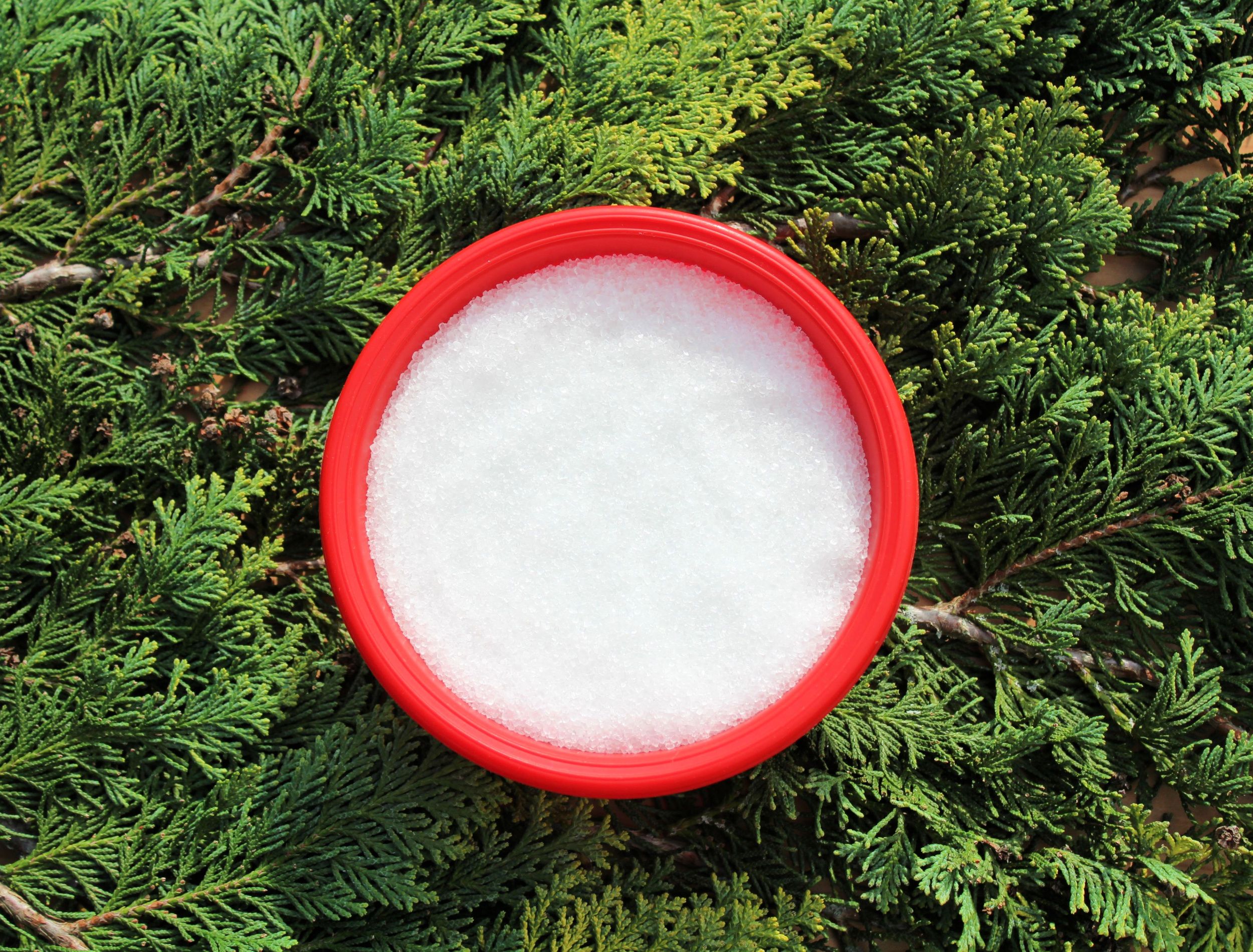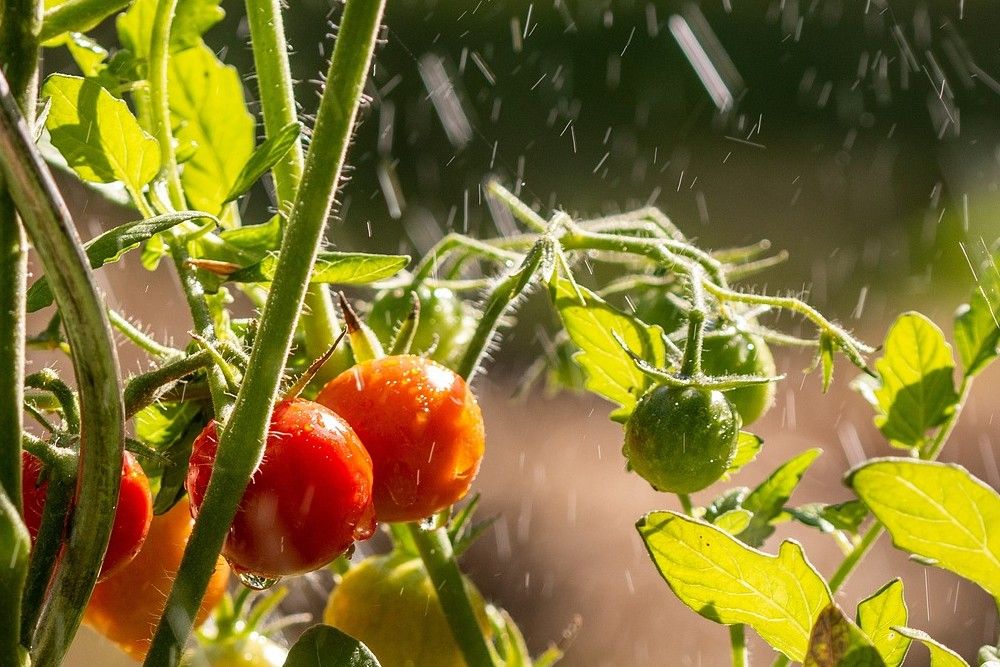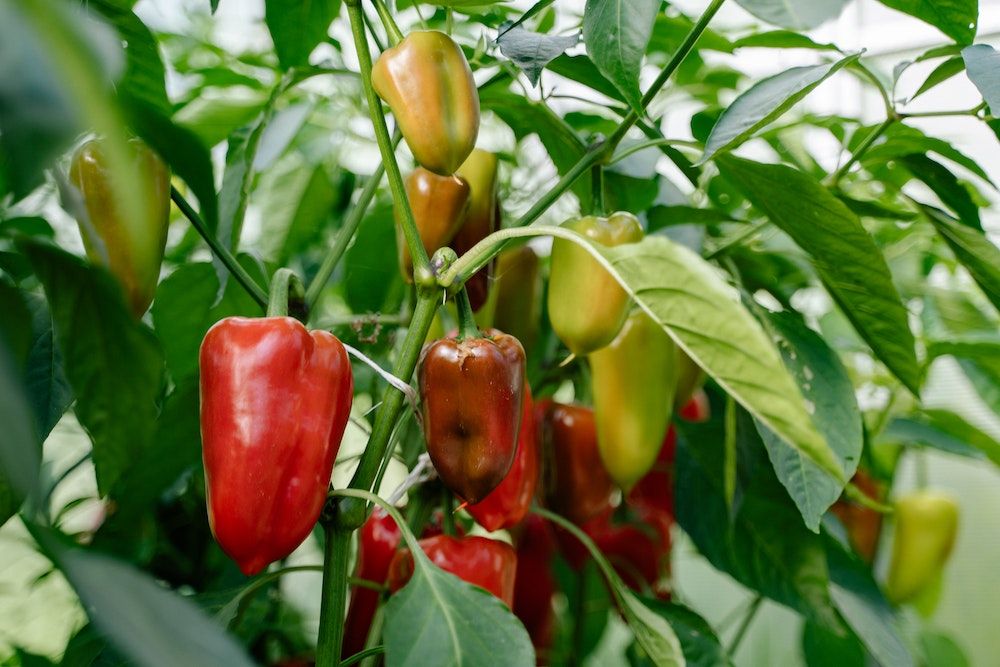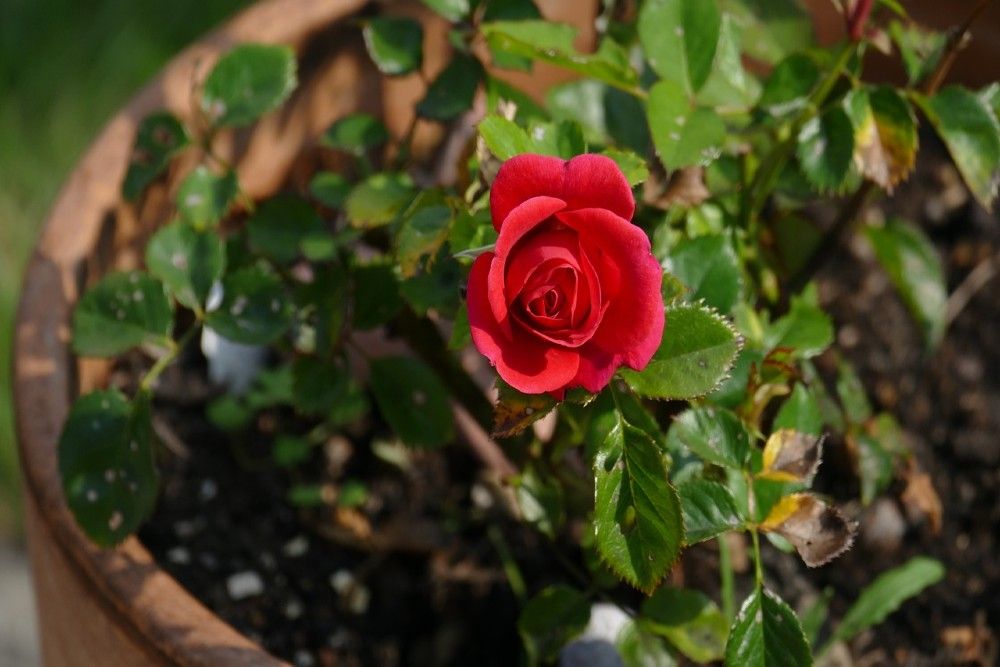Plants provide oxygen, food, and a connection to nature. As a plant parent, you're probably always looking for ways to help your green friends thrive in return. One way to do that is with Epsom salt, a natural magnesium sulfate. The nutrient positively impacts plant growth and development, but some plants respond particularly well to it.
Discover the plants that benefit from Epsom salt and explore how to use it to enhance your garden.
Why Use Epsom Salt?
Image credits: Martina Unbehauen via Shutterstock
Epsom salt is a naturally-occurring chemical compound that's completely different from table salt. Instead, Epsom salt contains magnesium, sulfur, and oxygen, essential nutrients for plant growth. Magnesium plays a crucial role in photosynthesis, creating chlorophyll, the pigment that gives plants their green color and enables them to convert sunlight into energy.
When added to soil, Epsom salt replenishes these vital nutrients, leading to healthier plants and better yields. It also improves soil structure, making it easier for roots to grow and absorb water and nutrients.
Epsom salt is particularly effective in alkaline soils, where there isn't always enough magnesium, but it can benefit plants in all soil types. Overall, Epsom salt is a natural and inexpensive way to boost plant growth and enhance the health of your garden.
Plants That Love Epsom Salt
Now after you have learned what Epsom Salt is, discover the four plants that benefit from its supplementation. However, before you do that, always test your soil to ensure it suffers from magnesium deficiency.
Tomatoes
Image credits: 14959021 via Pixabay
Tomatoes greatly benefit from Epsom salt because it contains magnesium, an essential nutrient for their growth. Magnesium helps the tomato plant absorb other essential nutrients, such as nitrogen and phosphorus, necessary for fruit development.
Additionally, magnesium improves the quality and flavor of the tomatoes. To use Epsom salt on tomatoes, mix 1 tablespoon of Epsom salt in a gallon of water and use it to water the plants every two weeks.
Peppers
Image credits: Yan Krukau via Pexels
Peppers can also benefit from Epsom salt because they are heavy feeders that require a lot of nutrients to grow properly. Magnesium, found in Epsom salt, helps improve the absorption of other essential nutrients, such as nitrogen and potassium, which are necessary for the growth and development of peppers.
Epsom salt can also help prevent the yellowing of the leaves, boost seed germination, and deter pests, improving the overall yield of the plant. To use Epsom salt on peppers, mix 1 tablespoon of it in a gallon of water and spray your peppers at bloom time. Repeat the process after ten days.
Roses
Image credits: VinaConstanze via Pixabay
Magnesium found in Epsom salt improves the color and size of roses and increases the number of their blooms. Additionally, it can strengthen the cell walls of the plant, making it more resistant to disease and pests. Epsom salt also improves the absorption of other essential nutrients, such as nitrogen and phosphorus, which are necessary for the growth and development of roses.
Combine 1/2 a cup of Epsom salt with every gallon of water and allow the rose bushes to soak in the mixture before planting. After planting, add a tablespoon of Epsom salt to each hole. Avoid applying it directly to the leaves because this can damage the foliage.
Lemon Trees
Image credits: spooh via Canva
Epsom salt can be an effective way to improve the growth and health of lemon trees. Remember to test the soil first to ensure a magnesium deficiency before applying it. Overuse can cause toxicity and harm the tree. Once you have confirmed a magnesium deficiency, Epsom salt can be a beneficial addition to the care routine of lemon trees.
Be careful when applying Epsom salt and water solutions as a foliar spray. Spraying the foliage can cause scorching, which can be mitigated by using a horticultural wetting agent. These agents act as surfactants, which help disperse the water solution more evenly over the surface of the leaves. Alternatively, pour the solution over the soil above the root zone. It allows the roots to absorb the nutrients gradually and promotes healthy growth and development of the tree.
Take Your Plant Care to the Next Level
Incorporating Epsom salt into your plant care routine can provide numerous benefits to your plants. The magnesium and sulfur in Epsom salt can help improve nutrient uptake, promote healthy growth, and enhance the overall health of plants. However, use Epsom salt correctly and in moderation, ensuring that the plants receive the appropriate amount of nutrients without causing any harm. Whether you're a seasoned gardener or a beginner, adding Epsom salt to your plant care routine is a simple and cost-effective way to improve the health and growth of your plants.
Do you know any other plants that benefit from using Epsom salt? Comment below, and as always, please share!

